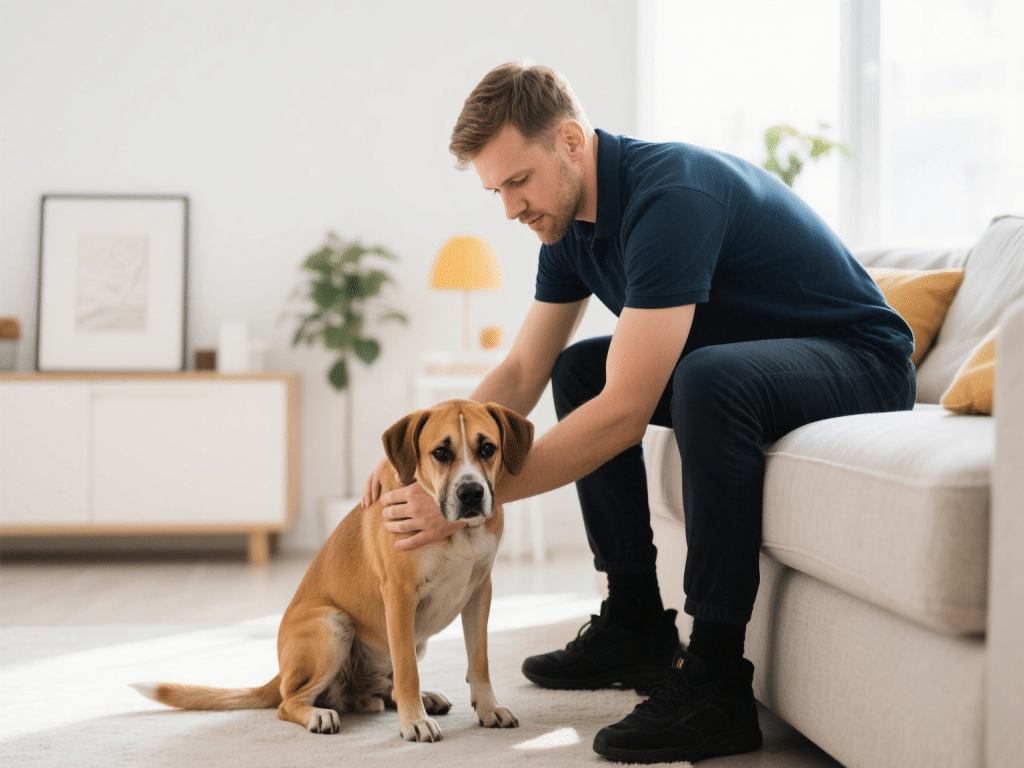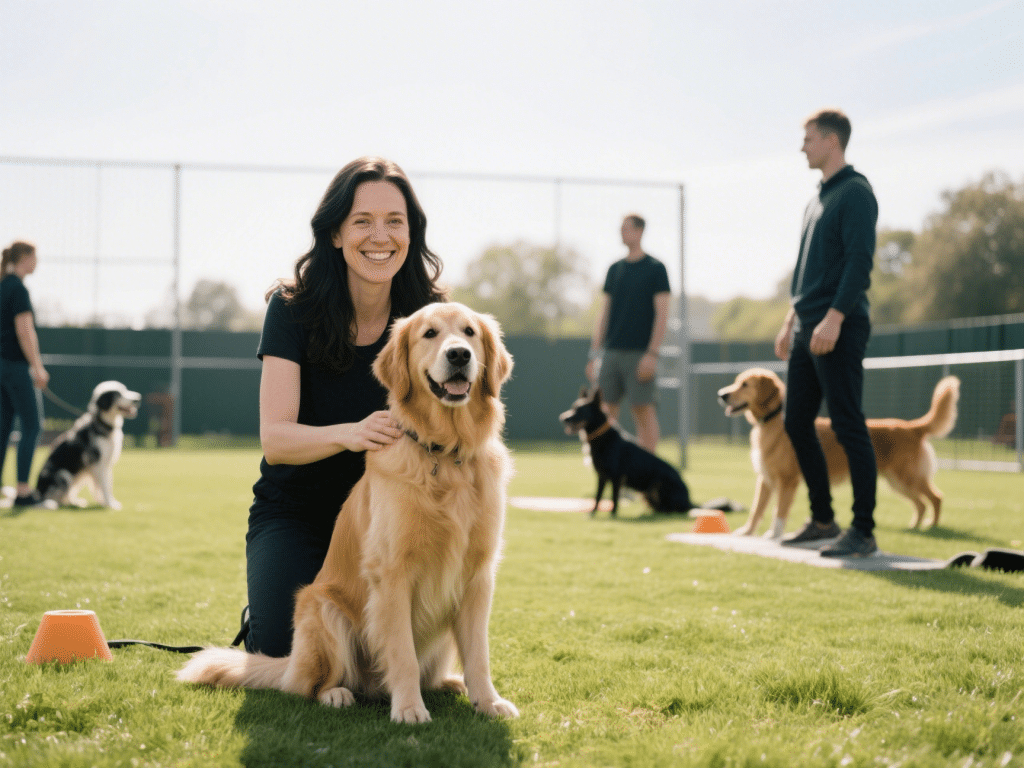Natural Anxiety Remedies for Rescue Dogs: A Gentle Guide

Bringing home a rescue dog can be both joyous and challenging. Many shelter dogs carry past traumas or separation anxiety that manifest as trembling, pacing, or excessive barking. As a certified canine behavior consultant with two decades of hands-on experience, I’ll share research-driven, natural strategies to help your new companion feel safe and secure.
Why Rescue Dogs Are Prone to Anxiety
Uncertain history: Unknown experiences with abandonment or abuse.
Lack of socialization: Limited exposure to varied environments.
Genetic predisposition: Certain breeds react more intensely to stress.
Core Principles of Natural Anxiety Relief
Predictability & Routine: Builds a sense of safety.
Positive Reinforcement: Encourages calm behaviors without fear.
Soothing Supplements: Vet-approved herbal or nutraceutical support.
Five Proven Remedies
1. Structured Daily Schedule
Feeding times, walks, play: Consistency reduces uncertainty.
Visual cues: Use crated spaces or designated resting areas.
2. Thundershirt or Compression Garment
Applies gentle constant pressure, mimicking a comforting hug.
Studies show a 70% reduction in mild anxiety episodes.
3. Calming Treats & Supplements
L-theanine: 30–120 mg, twice daily, supports GABA activity.
Chamomile extract: Natural sedative properties.
Always consult your veterinarian before introducing supplements.
4. Desensitization and Counter-Conditioning
Identify triggers: Thunder, fireworks, car rides.
Gradual exposure: Low-volume recordings of triggers paired with treats.
Increase intensity over weeks: Ensures positive association.
5. Mindful Play & Enrichment
Interactive puzzle feeders: Redirects focus from worries.
Scent games: Hide treats around the house to engage the nose.
Building Confidence Through Training
Clicker training: Rapid feedback reinforces calm actions.
Short, frequent sessions: 5-minute intervals multiple times daily.
Social walks: Controlled introductions to friendly dogs bolster social skills.
Monitoring Progress & Adjusting
Maintain a journal tracking behaviors, triggers, and response to interventions. If anxiety persists beyond moderate levels—such as self-trauma or inappetence—seek a veterinary behaviorist for evaluation of prescription options.
Final Thoughts
Natural methods, when applied consistently and compassionately, can transform your rescue dog’s anxiety into confidence. Patience and expertise-guided techniques create a safe harbor for your new best friend.






Comments on "Natural Anxiety Remedies for Rescue Dogs: A Gentle Guide" :